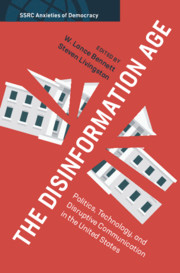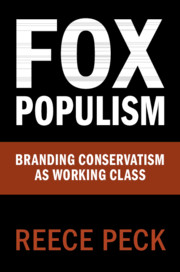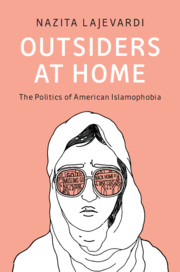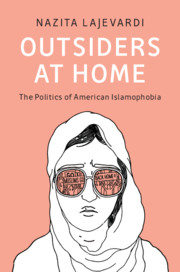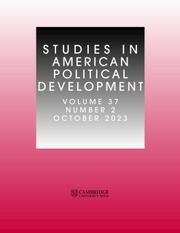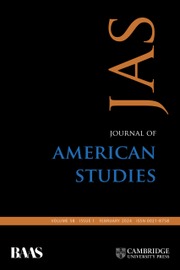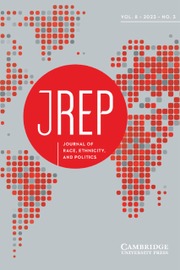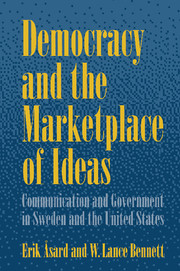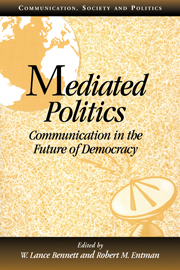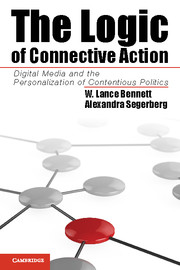The Disinformation Age
The intentional spread of falsehoods – and attendant attacks on minorities, press freedoms, and the rule of law – challenge the basic norms and values upon which institutional legitimacy and political stability depend. How did we get here? The Disinformation Age assembles a remarkable group of historians, political scientists, and communication scholars to examine the historical and political origins of the post-fact information era, focusing on the United States but with lessons for other democracies. Bennett and Livingston frame the book by examining decades-long efforts by political and business interests to undermine authoritative institutions, including parties, elections, public agencies, science, independent journalism, and civil society groups. The other distinguished scholars explore the historical origins and workings of disinformation, along with policy challenges and the role of the legacy press in improving public communication. This title is also available as Open Access on Cambridge Core.
- Brings together perspectives from history, communication studies, data science, political science, and sociology to offer a richer, more sophisticated view of disinformation than is available through any one discipline alone
- Examines the political and historical origins of today's 'post-fact era', connecting current challenges to a longer-term constellation of actors and changes that have undermined public trust in the institutions that citizens once turned to for authoritative information
- Proposes solutions that are focused on addressing root causes rather than treating symptoms
- This title is also available as Open Access on Cambridge Core
Reviews & endorsements
'This is a hard-hitting book that is richly layered theoretically. It adds much to our understanding of disinformation in democracy while also serving as proof of the necessity of making research on disinformation an area of study across disciplines. The intellectually diverse and distinguished contributors have produced a must-read volume for all interested in disinformation and anyone interested in the future of democracy.' Bruce Bimber, University of California, Santa Barbara
'This volume traces the deep, thorny, and twisted roots of disinformation in American politics. In sobering detail, it lays bare the psychological, institutional, economic, partisan, technological, (geo)political, and regulatory underpinnings of disinformation, making it urgently clear why and how disinformation is neither accidental nor (easily) curable. Yet this book also offers a sliver of hope in the form of implicit and explicit guidance for changes that could help keep disinformation in check.' Amber E. Boydstun, University of California, Davis
'The Disinformation Age offers a sweeping series of chapters from leading scholars that cover the history, politics, implications, and potential solutions to the problem of disinformation in democracy. This expertly curated book eschews disciplinary boundaries to offer a sophisticated holistic understanding of the problem of disinformation. Even more, it knits together the voices of scholars seldom in the same conversation and reveals the power of this emerging field to provide us with ways to protect democracy from those who seek to destroy its epistemological foundations.' Daniel Kreiss, The University of North Carolina at Chapel Hill
Product details
October 2020Paperback
9781108823784
312 pages
150 × 230 × 20 mm
0.49kg
Available
Table of Contents
- Preface. The origins and political importance of disinformation
- Author Biographies
- Part I. Disinformation in Political and Historical Context:
- 1. A brief history of the disinformation age: information wars and the decline of institutional authority W. Lance Bennett and Steven Livingston
- Part II. The Current Situation:
- 2. A political economy of the origins of asymmetric propaganda in American media Yochai Benkler
- 3. The flooded zone: how we became more vulnerable to disinformation in the digital era Paul Starr
- Part III. Historical Roots of Disinformation:
- 4. How American businessmen made us believe that free enterprise was indivisible from American democracy: the National association of manufacturers' propaganda campaign 1935–1940 Naomi Oreskes, Erik M. Conway and Charlie Tyson
- 5. 'Since we are greatly outnumbered': why and how the Koch network uses disinformation to thwart democracy Nancy MacLean
- Part IV. The Policy Problem:
- 6. How digital disinformation turned dangerous Dave Karpf
- 7. Policy lessons from five historical patterns in information manipulation Heidi Tworek
- 8. Why it is so difficult to regulate disinformation online Ben Epstein
- Part V. The Role of Public Broadcasting:
- 9. US public broadcasting: a bulwark against disinformation? Patricia Aufderheide
- 10. The public media option: confronting policy failure in an age of misinformation Victor Pickard
- Part VI. Conclusion: Defending Democracy in the Disinformation Age:
- 11. The coordinated attack on authoritative institutions: defending democracy in the disinformation age Steven Livingston and W. Lance Bennett.

